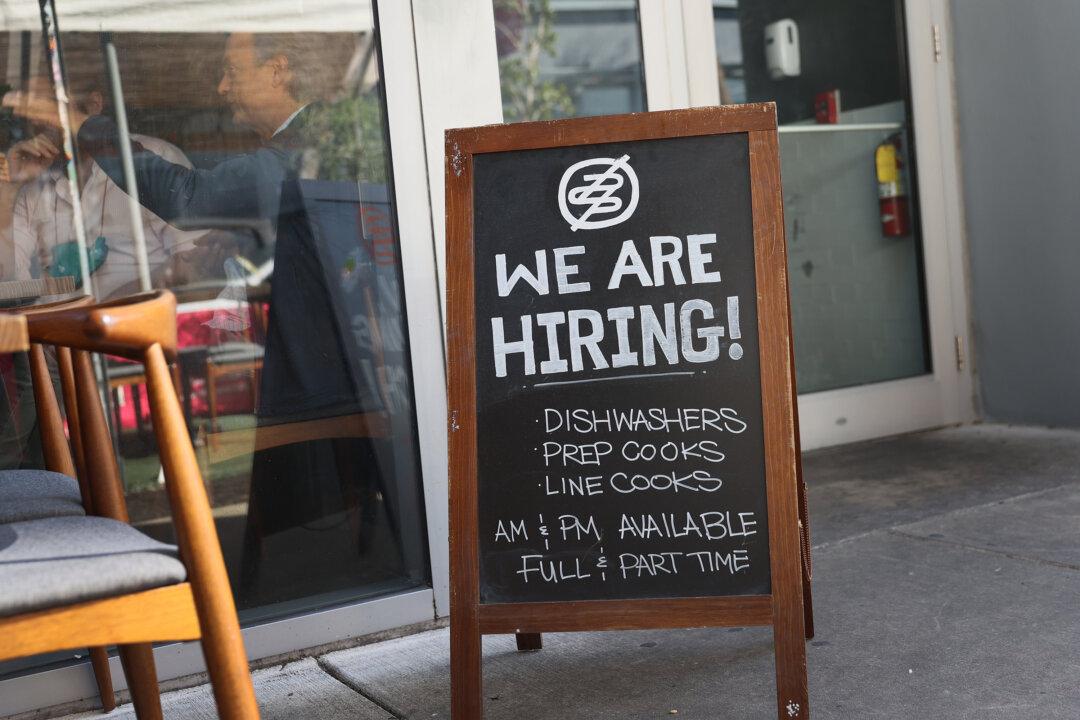Commentary
The mounting evidence can no longer be ignored. Unsubstantiated and politically motivated COVID-19 lockdown policies and imprudent relief measures are causing serious, lasting damage to the foundations of American economic prosperity.

The mounting evidence can no longer be ignored. Unsubstantiated and politically motivated COVID-19 lockdown policies and imprudent relief measures are causing serious, lasting damage to the foundations of American economic prosperity.